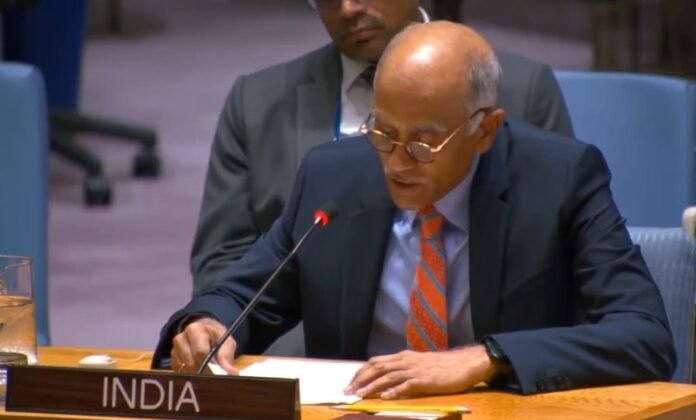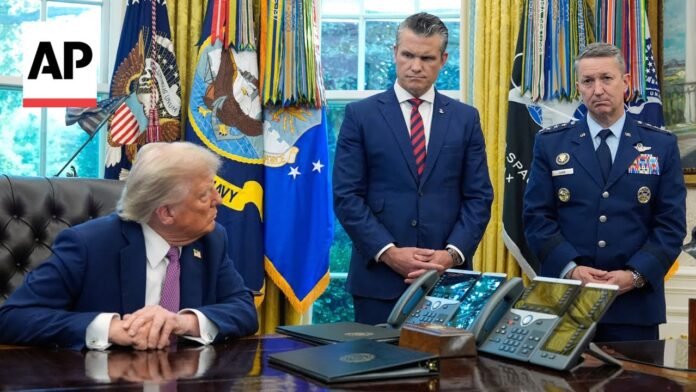India’s top diplomat at the United Nations has a clear message: UN peacekeeping operations need a stronger Security Council to truly make a difference. Speaking at a key debate, Permanent Representative P. Harish stressed that reforming the UN Security Council is crucial for its legitimacy and to match today’s global realities.
Harish pointed out that major players like India, which has contributed the most troops to UN peacekeeping missions over the years, get left out of the permanent seats on the Council. This body, after all, sets the mandates for these vital operations. “The effectiveness of UN peacekeeping is tied to the structure and legitimacy of the UN Security Council,” he said. “We must expand both permanent and non-permanent categories to reflect contemporary realities.”
To tackle fresh challenges in peacekeeping, Harish called for wide-ranging consultations driven by member states. Everyone, especially countries sending troops and police, should join in to build consensus. The debate, hosted by South Korea as the current Security Council president, highlighted how peacekeeping faces political, operational, and tech-related hurdles. Harish urged a return to the core principles of UN peacekeeping, with mandates that are simple, realistic, clear, and focused.
He added that these missions work best when paired with a bigger political process aiming for a clear outcome. On funding woes, Harish noted the uncertainty, especially with US President Donald Trump threatening cuts to America’s 25% share of the peacekeeping budget. “Mandates should match the resources available to peacekeepers,” he emphasized. He also pushed for wrapping up outdated UN peacekeeping missions that no longer serve a purpose—though he didn’t name it, this likely includes the UN Military Observer Group in India and Pakistan, which India has called redundant.
UN Under-Secretary-General for Peace Operations Jean-Pierre Lacroix agreed that peacekeeping isn’t forever. To end missions without sparking more conflict, they need “clear, prioritised mandates, active political engagement, and statements of support.” Meanwhile, Under-Secretary-General for Political and Peacebuilding Affairs Rosemary DiCarlo explained that many missions deploy in volatile spots, like ongoing civil wars. “In such cases, initial goals should be limited—like stopping violence from worsening, securing a ceasefire, or kickstarting a fragile peace process,” she said.
This push for UN Security Council reform and better peacekeeping strategies comes as the world looks to the UN for solutions in troubled regions. India’s voice, as a top troop contributor, underscores the need for fair representation to boost global peace efforts.



